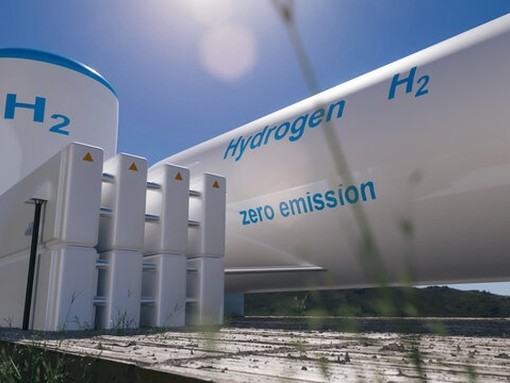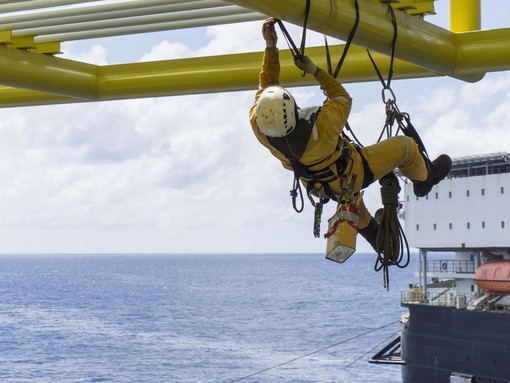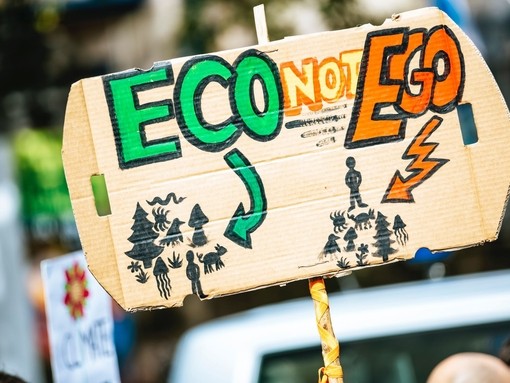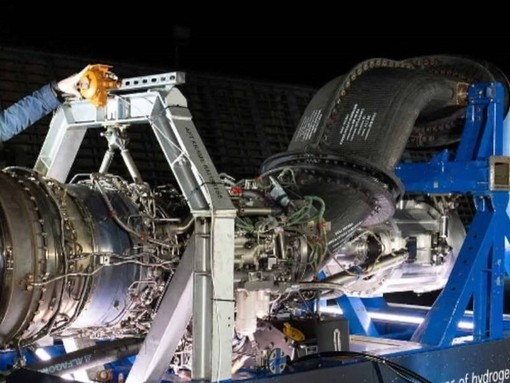
Green collar working: the top skills for renewable energy jobs
Over the past couple of decades, environmental and green energy concerns have been growing steadily in the collective conscience.
The coronavirus pandemic and the associated travel restrictions bought about a dramatic dip in global emissions, and for the first time ever in the UK, the amount of energy generated from renewable sources exceeded that which was produced by traditional fossil fuels in Q1 2020. All these elements combined means that the move towards a greener world is being accelerated, with sustainable and renewable concerns now at the forefront of global innovation.
This has resulted in a decline in the fossil fuels industry but a rise in renewable energy. The sector is marrying innovative technology with huge government investment to become one of the biggest growing industries. Consequently, many people across all levels of the energy industry are looking to the future and the renewable energy jobs that will be created as a result of this. Enter the world of the green-collar worker.
But what kind of green-collar jobs are being created in renewable energy? From wind farms to solar stations to hydroelectric plants, the variety is huge, and with it comes different types of jobs in renewable energy.
Types of renewable energy jobs
Importantly, the green collar renewable energy jobs of the future will be across a very broad scope. Far from just being green engineering roles, the new roles will encompass business and finance, information technology, project management, construction and more. Even for people without a specific background in renewable energy, there are many areas of businesses that will require broad skills like leadership and management and general engineering.
Offshore wind alone supports 26,000 jobs across the supply chain in the UK alone, and this is expected to rise to almost 70,000 within the next five years. These are not all strictly energy engineering roles - many of them are roles in project management, communications, and procurement. One single renewable energy project requires a diverse set of skills. But what skills are sought-after in renewable energy?
Skills in renewable energy jobs
General engineering
Of course, fundamentally some of the most sought-after skills for renewable jobs are general engineering. Many current engineers possess skills such as technical knowledge, ingenuity and experience working on multiple diverse projects, even if they have never worked in renewable energy. Electrical engineering knowledge, for example, is particularly sought-after due to the nature of power generation.
Engineering will play a key role in the innovations of the future and creating the next generation of cutting-edge technology – even if you have a background in aviation engineering, for example.
Project Management
Project Managers possess skills that can be applied broadly across different sectors. Leadership, management, an ability to juggle multiple priorities simultaneously and a strong background in budget management are all excellent skills that will be required in new renewable energy projects. Any candidates with a track record of working on civil engineering roles or managing construction projects would be ideal in these projects, as many new renewable energy centres, be it solar, wind or hydroelectric, require extensive groundwork and construction before the plant can begin working.
Sustainability Professionals/Ecologists
Building new wind farms, solar power plants or hydroelectric power generators often involves construction in countryside areas or parts of the ocean that have not been built in before. Therefore, both onshore and offshore facilities require extensive ecological impact assessments to ensure minimum impact on the environment.
These assessments often involve ecological mitigation programmes where the impact on local wildlife is assessed and plans are put in place for moving or avoiding natural habitats. Ecologists and sustainability professionals must work extensively across construction and infrastructure projects like road and rail networks to ensure minimum impact on the environment and the sustainability of species in the area. With construction at the centre of renewable energy, candidates with these skills will be required throughout.
Offshore skills
With many wind farms being built and maintained in seas and oceans, candidates with offshore knowledge, even in other energy production methods like oil & gas, will be required to service the farms. Offshore skills like Sea Survival that are taught broadly across many roles that involve working offshore will be incredibly useful for new wind farm projects, and even if these roles require more renewable energy-specific training, having a good footing in offshore working will set engineers ahead of the pack in particular.
Solving a green-collar skills shortage
One of the key challenges associated with a booming and relatively new sector is finding the right talent, which can lead to a skills shortage. According to the Global Energy Talent Index, 80% of hiring managers highlight skills shortage as a key challenge in the renewable energy industry.
There are several ways the industry is working to combat this. One is partnering with the academic sector to encourage more students to specialise in engineering and other relevant studies. Another way is to educate people currently within the energy industry as to how their skills might be useful on upcoming renewable energy projects, particularly if they currently work in a sector like oil and gas which is shrinking.
Want to find out how you can transfer your skills to renewable energy? Read our guide to the key transferable skills oil & gas workers have that make them ideal for the renewable energy industry here.












